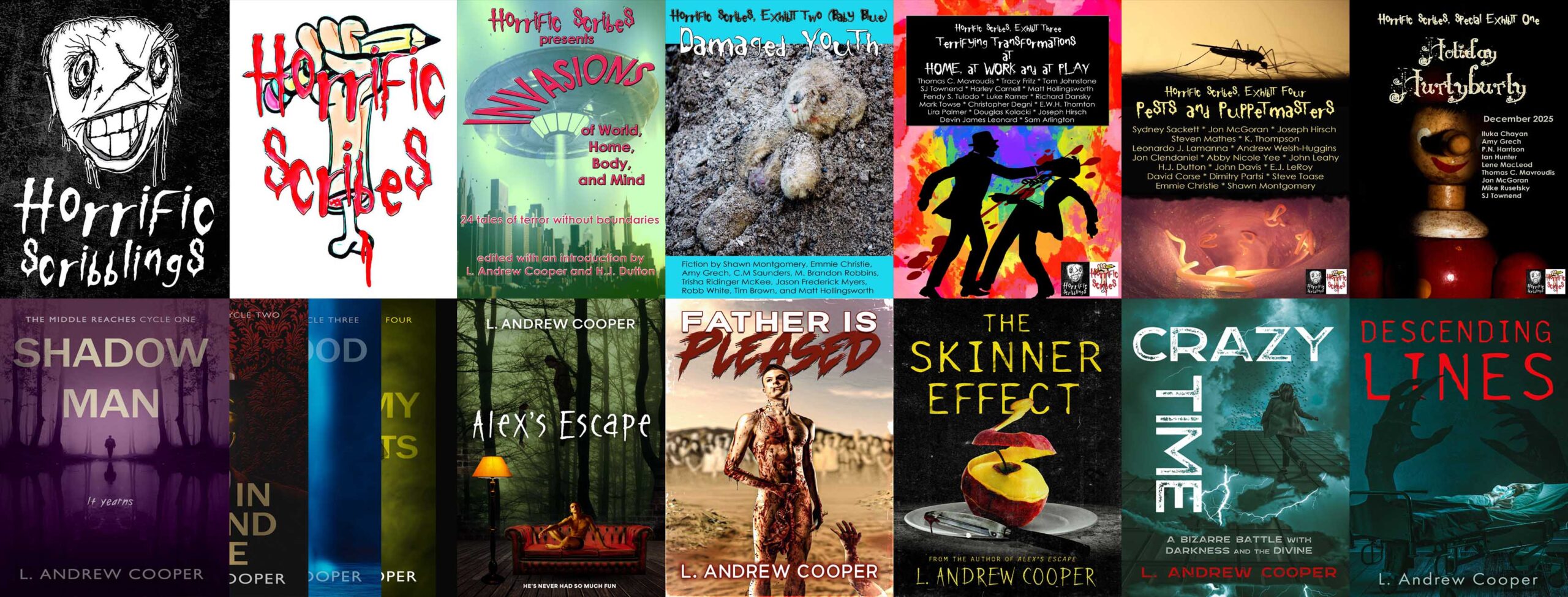My novel Burning the Middle Ground, in print Nov. 30, was inspired by–among other things–my profound ambivalence about the impact of organized religion on American politics. Parts of it were also inspired by how incredibly creepy I find white vans. This post is about religion and white vans. It has nothing else to do with my novel, which everyone should soon buy and read and recommend to friends.
Today I drove from Louisville to Durham,following a nine-hour route through Kentucky, West Virginia, Virginia, and North Carolina. With the autumn leaves in full color, the route was the second-most gorgeous stretch of road I’ve ever experienced (the first is California’s PCH; the third is I-40 through Arizona). Despite the fact that most of the territory I covered went for the other team in the election, the scenery made me feel profoundly patriotic. How could I not love every square inch of a country as beautiful as this? I felt prouder to be an adopted Kentuckian than ever, and considering how quickly Louisville has become one of my favorite cities in the world, that’s saying something.
Deeply immersed in a landscape-inspired aesthetic fervor, buoyed by the intoxicating scent of the smoke from a “scheduled burn” not far from the highway, I drifted into traffic thick enough to be annoying but not as thick as Atlanta and Los Angeles’s Friday equivalents. As I coasted cautiously in the left lane, on my right appeared a white van. Since I have exposed white vans’ evil in my forthcoming fictional page-turner, I tend to pay attention to them. Imagine my pleasure at seeing not a demonic, mind-controlling presence through the back window but an enthusiastic, innocent and very All-American-looking child, holding up a piece of paper and waving to get my attention.
I gestured to indicate that I couldn’t read his message. He waved me forward. I sped up but signaled my continuing failure. He switched his handwritten sign to the side window, and I sped up even more. Finally, I could read the print: “HONK FOR JESUS!”
Flashback: at about the same age, maybe a little farther into adolescence, I went on a church-sponsored road trip to Gatlinburg, Tennessee. The other boys and I made a game out of doing everything in our power to encourage truckers to honk as we rode by. Jesus had nothing directly to do with our efforts. Neither did my unrealized-until-years-later attraction to the PK (Google it… what I mean is hidden on the Wikipedia list under “Other”).
The present: I wanted very much to make this kid happy, but I didn’t do it. My reason (the conscious one, anyway) was that using my car horn in the fast-moving but heavy traffic might be dangerous. What kind of example would I be setting? A moment later, I changed lanes, positioning my vehicle in front of the white van. I realized then that my Obama-Biden bumper stickers would be at least as visible as the “HONK FOR JESUS” sign had been.
The layered significance of the child’s request and my non-response rushed in. I had refused to honk for Jesus. I, an irreligious, liberal-voting homosexual, had refused a child the simple pleasure of an aural affirmation of his socially-conditioned by still heartfelt religiosity. And then, by waving my bumper stickers in his face as plainly as I do my “lifestyle choice” whenever I go into public without hiding who I am, I had reinforced every prejudice he likely has about my kind.
I felt, then, that I should have honked my horn. The dangers of falsely signaling a road hazard be damned–a kid’s happiness, not to mention his ideological future, was at stake! At that point, however, the white van was lost in a sea of other vehicles, most of which, like my own, sported license plates from red states.
At this point the post would undoubtedly benefit from moral resolution, a final decision about why I was or wasn’t right to honk my horn for Jesus.

Beautiful writing, as always.
So, here’s the thing: You could have totally honked for Jesus for any reason, without concern that you were contributing to a child’s indoctrination into the initial phases of right-wing propaganda–at least the kid didn’t specify the reason to honk (e.g., “Honk if you <3 Jesus"). You could have honked for Jesus because he's a feminist. Because he's against materialism. Because he's a Palestinian Jew hippie. Because he's against The Man. There's lots of reasons to honk…